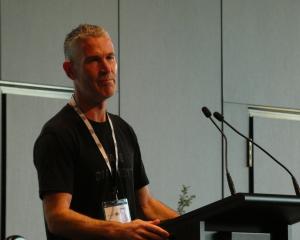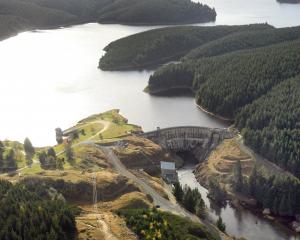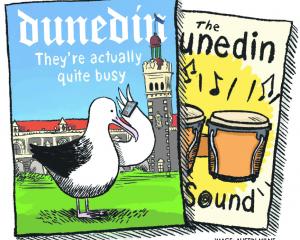Economists told them local authorities had an important role to play in stimulating the city's economy, but they had to think long and hard about spending that would push the rates take up when households were dealing with falling house prices and unemployment.
"The issue is where you draw the line," National Bank chief economist Cameron Bagrie said after the meeting.
Along with Mr Bagrie, Kel Sanderson, chief executive of Business Economic Research Ltd; Rodney Jones, an economist with Wigram Capital Advisors; and John Allen, regional commissioner for the Ministry of Social Development were invited to give councillors and senior staff a briefing on the economy and recession indicators yesterday.
The meeting came the day before the council sits to consider next year's budget and update its 10-year long-term council community plan (LTCCP).
Mr Bagrie said New Zealand had to accept 2009 would be a challenging year.
Local governments had to foster economic growth in their areas, but also deliver social services.
When the economy was booming it was easier to sell rates increases, but that became more difficult in the current environment, when it was important to "get back to the fundamentals".
The stadium was an "interesting" issue, he said.
It could potentially deliver significant long-term benefits to the region, and provide a boost to the University of Otago, an institution that would help cushion Dunedin against the downturn.
It needed to be seen within that context, but the cost also had to be considered and the project weighed up against other priorities.
Mr Bagrie said the issues facing Dunedin included falling commodity prices and pressure on tourism.
"The big thing is councils borrow money.
"The cost of that is going up, and it's harder to get funding," he said.
The region's hinterland would suffer more than the city itself, which would be helped through the recession by the education industry.
"The rural regions will find it tough."
The briefing would allow councillors greater perspective when they came to make decisions in the next three days, council chief executive Jim Harland said.













